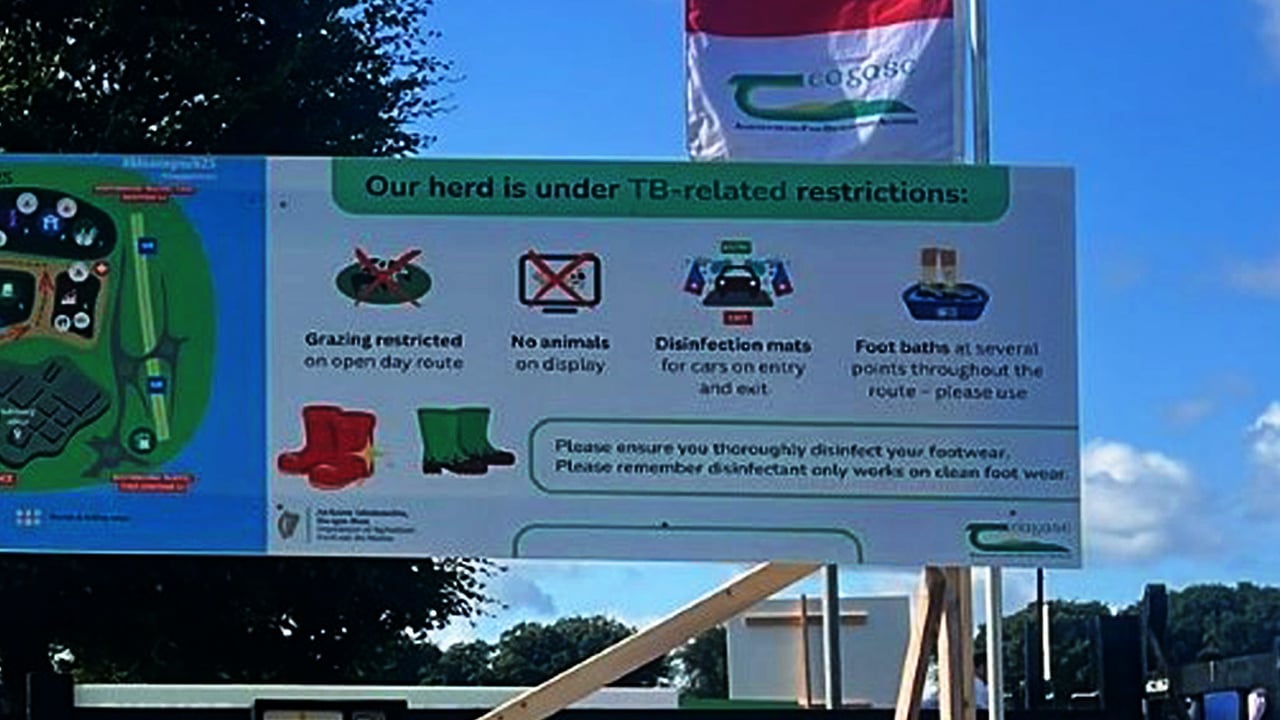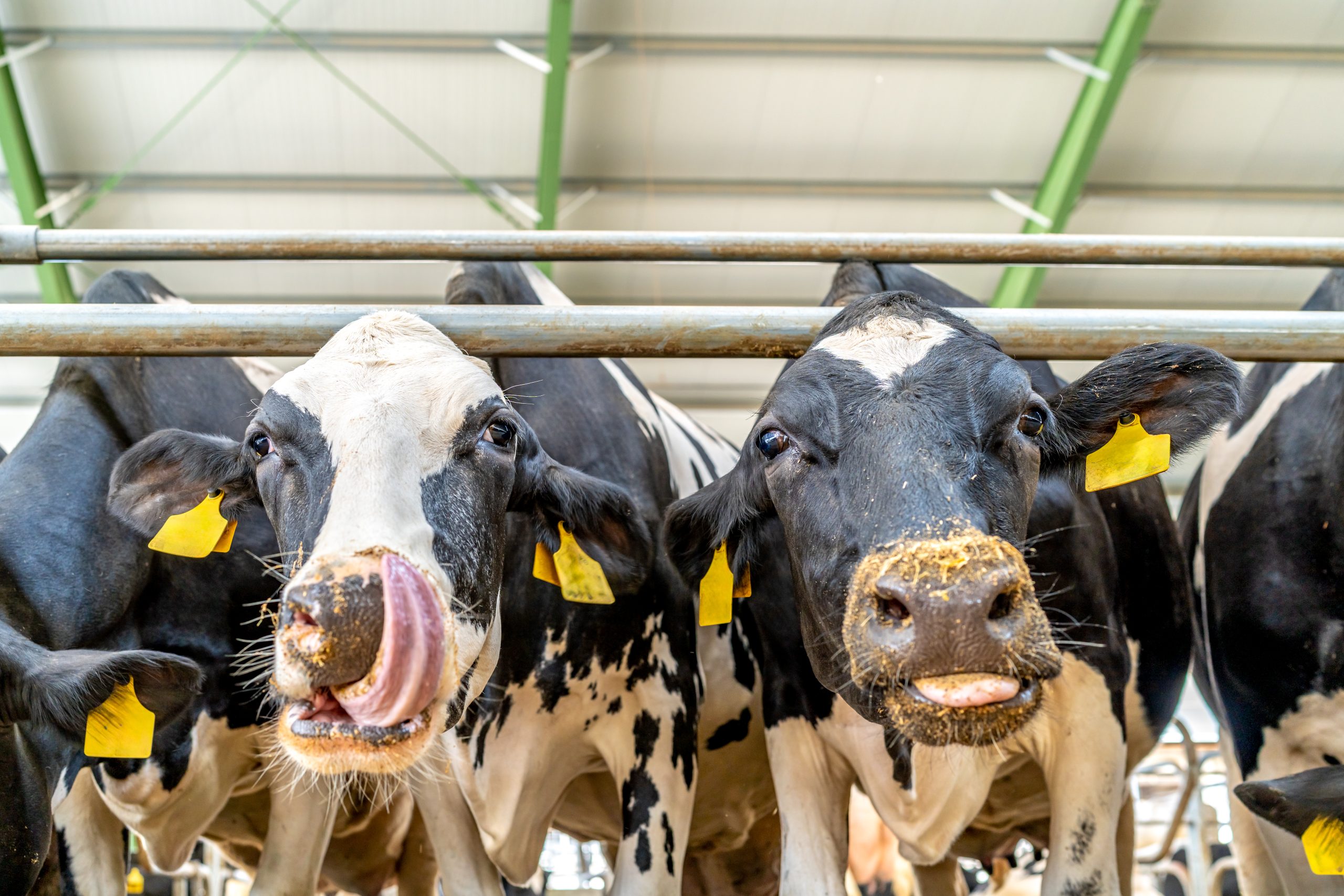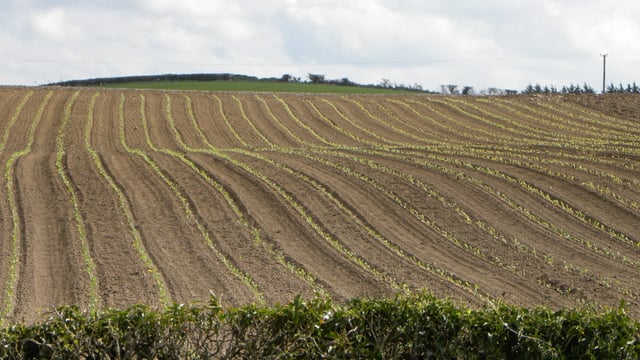Kenny: TB in Moorepark shows 'nobody is immune'
Confirmation that the Teagasc flagship dairy research herd at Moorepark is under bovine tuberculosis (TB)-related restrictions underlines the fact that the disease "is everywhere and at epidemic levels," the Sinn Féin spokesperson on Agriculture, Martin Kenny has warned today (Tuesday, July 8).
According to Teagasc, TB was confirmed in the Moorepark herd in March.
Deputy Kenny told Agriland that the fact TB is in Moorepark shows that "nobody is immune" and Ireland is now at "crisis point" as regards levels of the disease.
"Many farmers across the country are down with TB - it is a serious problem and none of the actions taken to date seem to have worked.
"What we need is a new approach to rid the country of TB and that is going to take a lot of work and a lot of investment," the Sinn Féin TD for Sligo-Leitrim said.
According to Teagasc, herds that have had TB are at a higher risk for having a repeat TB breakdown - 30% of affected herds will breakdown again within three years.
During the Teagasc Dairy Open Day in Moorepark last week (July 2) ,Teagasc advisors and scientists highlighted that TB can "take many years to cause noticeable clinical signs in cattle, like weight loss, coughing, diarrhoea, enlarged lymph nodes, decreased milk production, or death".
They also warned that even in the absence of noticeable clinical signs, infected cattle can spread the disease.
Latest figures show that TB levels have deteriorated in recent years.
Herd incidence increased from 4.31% in 2022 to 6.04% in 2024. This in turn resulted in a 36% increase in the number of herds restricted between 2022 and 2024.
By June 22, 2025, over a 12-month period there was a herd incidence of 6.43 %. In 2024, it was 6.04% and the rate currently stands at 6.43% with over 43,455 reactors.
Almost 10 million tests were carried out by June 8, 2025, compared to around 9.9 million tests in the same period in 2024.
Last month, the Oireachtas Joint Committee on Agriculture and Food heard that the overall cost to the exchequer of the TB Programme - excluding staff costs - has increased from full-year costs of €57 million in 2023 to over €100 million in 2024.
This cost is on track to increase further in 2025 to €130 million if current disease levels continue.






